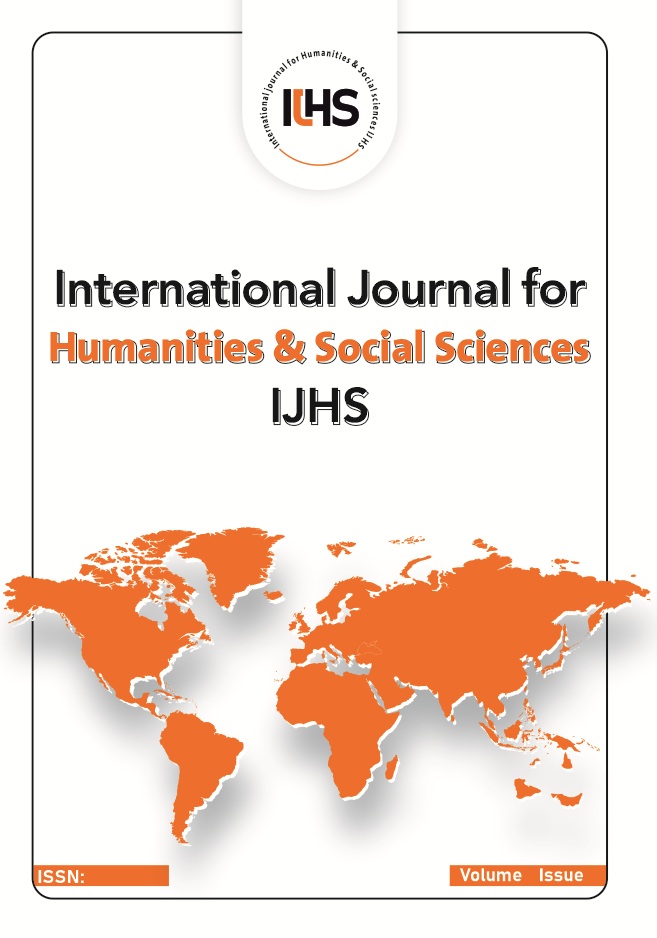The Attitudes of Faculty Staff Members And Their Assistants Towards Students' Use Of AI Tools In Scientific Research The Attitudes of Faculty Staff Members And Their Assistants Towards Students' Use Of AI Tools In Scientific Research
محتوى المقالة الرئيسي
الملخص
The study aims to investigate how faculty staff members and their assistants perceive students' utilization of AI tools in scientific research. Identify the AI tools that staff members and their assistants see students can use in scientific research, and any other potential areas. Outline the challenges that staff members and their assistants may encounter due to students’ utilization of AI tools and define their situations towards the challenges in the upcoming decade. In addition to monitor the initiatives that official institutions could implement to mitigate the possible risks of the misuse of AI tools in scientific research, as perceived by staff members and their assistants. And determine the probable scenario (optimistic, neutral, pessimistic) that may unfold if students start using AI tools in the next decade, according to staff members and their assistants. The current study adopted the method of future scenarios. A questionnaire was used to be able to answer the study Questions. The study population consists of (92) staff members and their assistants from Egypt (46 individual) and the Arab world (46 individual). A Snowball sample was taken. The study results show that the AI tools most recommended by faculty members and teaching assistants for student use in academic research are reference management tools, such as Semantic Scholar and Connected Papers. The findings highlight a significant challenge faced by faculty and teaching assistants: the need for specialized training to enhance their understanding and effective utilization of AI in teaching. This challenge is consistently rated as the foremost concern by both Egyptian and non-Egyptian respondents. The study suggests the importance of training university professors and faculty in utilizing AI tools and familiarizing them with technologies that can evaluate students' reliance on such tools, empowering them to oversee and guide students' use of AI effectively. By integrating a curriculum module that incorporates secure AI tools into academic programs focusing on scientific inquiry, students can be educated on the permitted and forbidden uses of AI tools in scientific research.
تفاصيل المقالة

هذا العمل مرخص بموجب Creative Commons Attribution 4.0 International License.
International Journal for Humanities and Social Sciences (IJHS) is licensed under the http://creativecommons.org/licenses/by/4.0, which allows users to copy, create extracts, abstracts, and new works from the article, alter and revise the article, and make commercial use of the article (including reuse and/or resale of the article by commercial entities), provided the user gives appropriate credit (with a link to the formal publication through the relevant DOI), provides a link to the license, indicates if changes were made, and the licensor is not represented as endorsing the use made of the work. The authors hold the copyright for their published work on the IJHS website, while IJHS is responsible for appreciate citation of their work, which is released under http://creativecommons.org/licenses/by/4.0, enabling the unrestricted use, distribution, and reproduction of an article in any medium, provided that the original work is properly cited.

